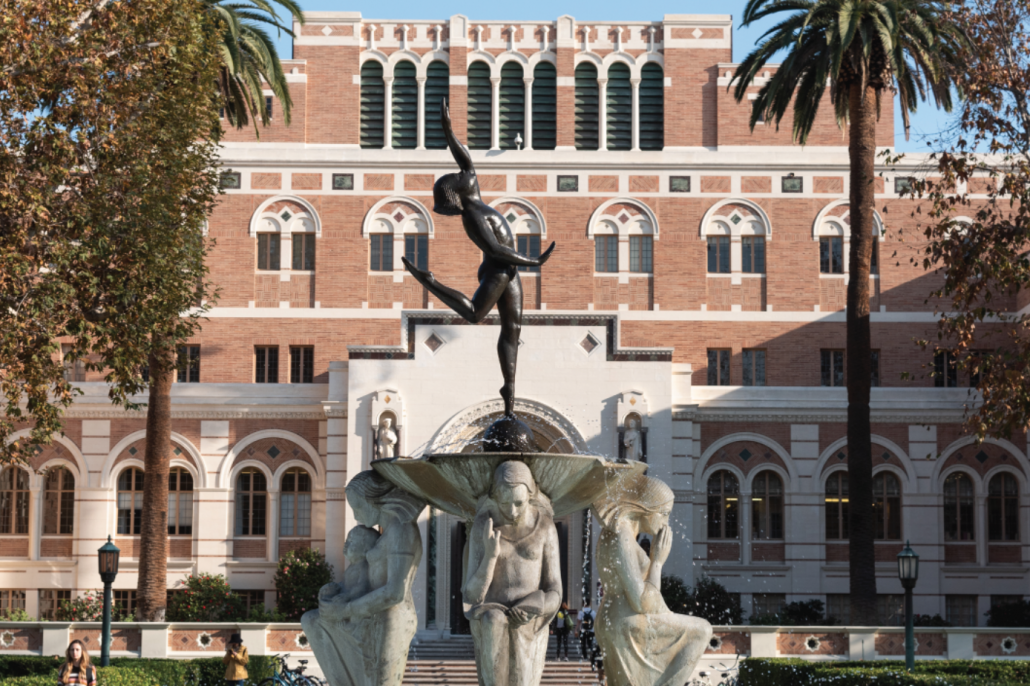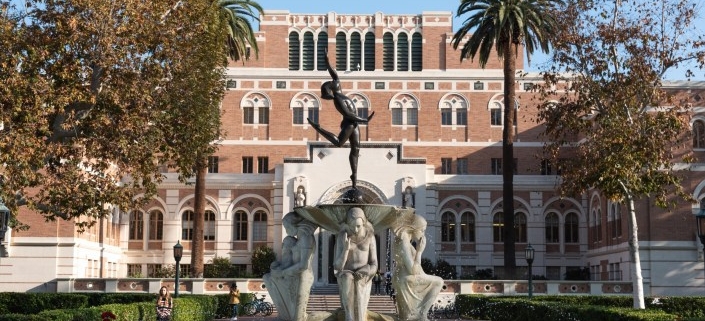Parents request Operation Varsity Blues charges be dropped

Thirteen parents in the college admissions scandal, including 10 from USC, filed a motion Wednesday requesting the court dismiss charges against them on the grounds that it misrepresented evidence used to prosecute the defendants and withheld evidence that would have benefited the defense.
In the memorandum supporting the motion, the defendants alleged that the government pushed scheme organizer William “Rick” Singer to lie under oath about whether the parents involved in his “side door” operation knew the money they paid for their children’s admissions to universities as false athletic recruits would be given to individual officials rather than used to fund university programs.
The memorandum referenced an Oct. 2 note from Singer’s iPhone released last month in which he stated that he intentionally misled parents to believe their payments would fund legitimate university activities. In the note, Singer wrote that federal prosecutors directed him to testify that the parents knew the money would be used to bribe University officials.
“They continue to ask me to tell a fib and not restate what I told my clients as to where there money was going — to the program not the coach and that it was a donation and they want it to be a payment,” the note read.
The parents asserted that in cases of corrupted evidence, the court could throw out documents from consideration. They also cited a precedent that defendants could be acquitted if a judge found federal prosecutors guilty of gross wrongdoing in the process of gathering evidence.
“In ‘rare and extreme circumstances,’ the court may ‘dismiss criminal charges as a sanction for government misconduct,’” the memorandum stated.
The document alleged that the defendants had asked the government whether the note was investigated but that the government did not respond. The defendants stated that the government’s failure to look into potential misconduct from prosecutors proved the government has been prioritizing its case against the parents over presenting accurate information to the court for the trial.
“The Government has an affirmative duty to ensure that the evidence it relies on is accurate,” the memorandum read. “Here, that means the prosecutors should have investigated Singer’s allegations — immediately after learning about them — to ensure the evidence generated by his calls was accurate and untainted by coercion.”
The memorandum also stated that the delayed release of evidence relevant to the parents’ defense further strengthened their case for dismissing the charges. The original deadline to release information was May 30, 2019, and the federal government turned over Singer’s iPhone note Feb. 26.
In the court documents, the defendants asked that recordings of phone conversations between Singer and the parents not be used in court if the charges are not dismissed and the trials proceed. They argued the evidence is unusable because of the government’s misconduct in obtaining the recordings and its failure to turn over relevant evidence to the defense in a timely manner.
Eleven of the 15 parents who pleaded not guilty and will stand trial beginning this fall have ties to USC. Trials for the first group of parents who opted to contest charges are set to commence Oct. 5, with jury selection beginning Sept. 28. The coronavirus outbreak will not affect trial dates, federal judge Nathaniel Gorton stated in an order filed last week.

